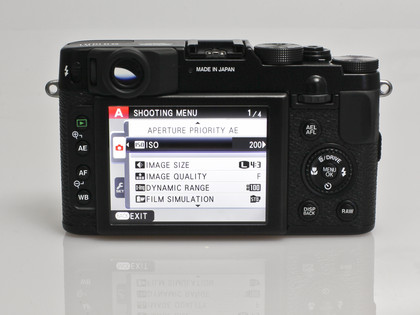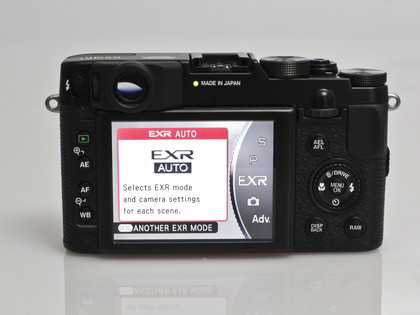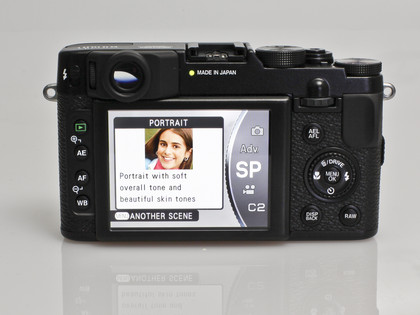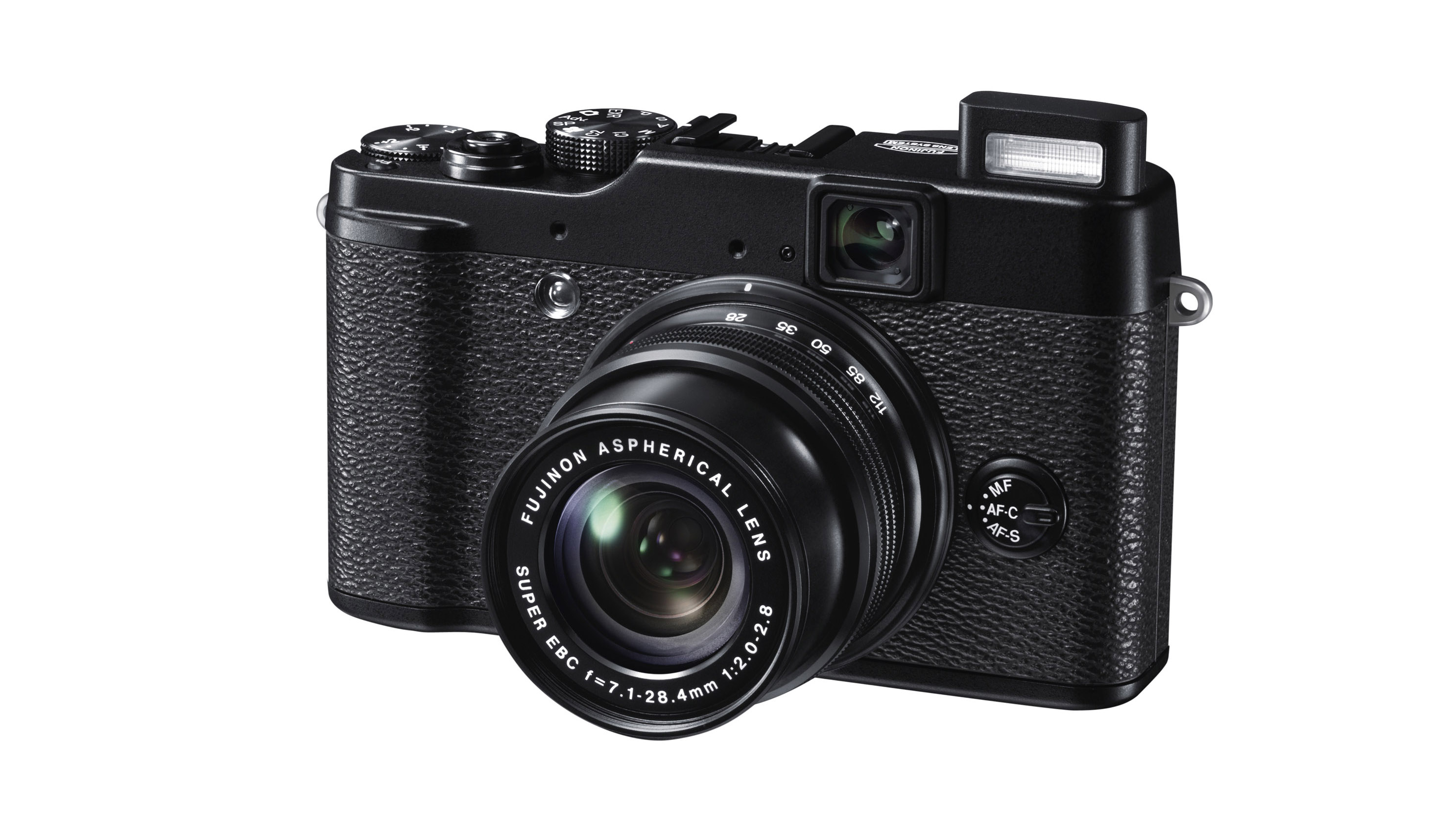Why you can trust TechRadar
Images produced by the Fuji FinePix X10 are rich and detailed at most ISO sensitivities. Significant levels of noise don't start to show until ISO 800, and even then any speckling is only visible on close inspection. ISO 1600 produces perfectly printable results too.
Although some fine detail is lost to noise reduction, prints up to A4 should still be perfectly acceptable. Even at higher ISO sensitivities, noise levels are admirably well-controlled, even though more and more fine detail is sacrificed.
Above ISO 3200, the camera reduces image resolution in an attempt to retain image quality. ISO 6400 is still acceptable for small prints and sharing on the web, but ISO 12800 may be a step too far, with most fine detail being smudged beyond recognition by the camera's noise reduction system and images having a general snowy appearance.

Using the available EXR modes can improve image quality, depending on the scene. Using the low-light EXR mode tends enable acceptable quality images to be taken at sensitivities a stop higher than without, up to ISO 3200 and the Dynamic Range mode does an excellent job of retaining extra detail in highlight and shadow areas, although it isn't quite as effective in very bright conditions.

As is typical for a Fuji camera, colours are vibrant on the Fuji FinePix X10 using default settings. Film simulation modes to recreate the look of Fuji's Velvia, Astia and Provia films are provided and cover most shooting scenarios, with Provia being the default setting.

The Velvia mode produces vivid colours best suited to scenic shots, and the Astia mode produces subtle tones well and is best suited to portraiture. Auto white balance does an excellent job in natural lighting, and a fair job under artificial lights indoors, leaving a slight colour cast in the image.

Multi-segment metering produces accurate exposures under a wide range of conditions and isn't easily fooled by large areas of light or dark in the image. Centre-weighted and spot metering modes are also provided and the direct access to exposure compensation and manual exposure adjustments makes these modes a pleasure to use.
Current page: Performance
Prev Page Build quality and handling Next Page Image quality and resolution